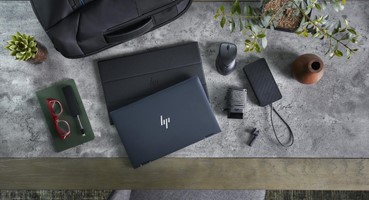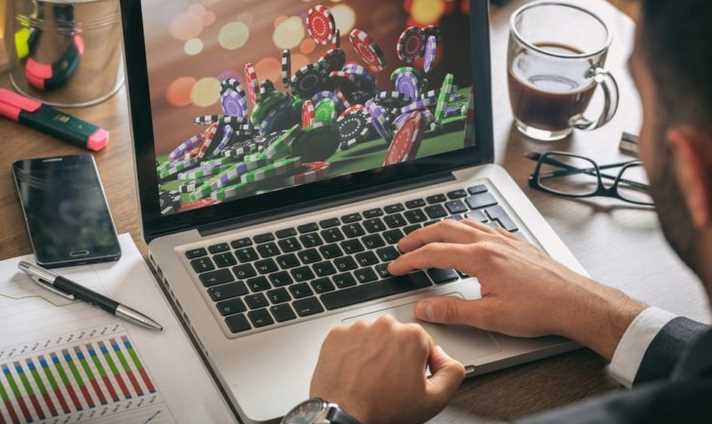Security matters a lot, not just for you as a human but also for your devices. As you know, laptops are one of the most valuable things you could have, so it’s a target for any thief or hacker, and you should be well prepared for this kind of situation. This article will show you some tips to help keep your laptop safe, especially in a public area.
Use a VPN service
VPN could save your data when using a public WIFI. If hackers were using the same network, they could collect your traffic, including images, files, passwords, and browsing history; they do it by an attack called MITM “Man in The Middle,” which means a hacker could stand between you and the network. VPN will encrypt your traffic. So, even if a hacker succeeded in collecting your data, it would be useless because it’s encrypted by a robust encrypting algorithm like 256-bit (AES). Check out this article about the best VPN services with users’ reviews and ratings.
Always keep your firewall on
When using a public network, a firewall protects your laptop from cyber-attacks by filtering your traffic and blocking any connection from outside. It keeps your laptop safe and prevents anyone from accessing it. However, it would be best to avoid any suspicious websites asking for your passwords or credentials. Some antiviruses have a built-in firewall and VPN services, but if yours doesn’t offer a VPN service.
Secure USB ports
There are situations when someone could have access to your laptop and its USB ports, and for this reason, you need to secure your laptop simply by disabling USB ports manually from the device manager. If you keep your ports enabled, your data might be in danger, and you don’t want strangers to have their hands on it.
Always use HTTPS
HTTPS refers to “Hyper Text transfer protocol secure,” and by using it, you send your data over port 443 that secures your connection to the server by encrypting your traffic using SSL “Secure sockets layers.”
Be careful; even if the website uses HTTPS, you shouldn’t type your sensitive info unless you are sure the website is known and safe. Consider using a VPN service for a better web browsing experience.
Disable the “sharing folders” feature
There are many ways a hacker can use to get access to your laptop, one of them is to exploit this feature. Make sure you disable it, especially if you are using Windows OS; you can disable it from Settings, System, Shared experience. If you had to use this feature in a public workspace, do it as fast as possible, or you can broadcast your secured WIFI and share what you want.
Keep your system up to date
Security updates improve systems by fixing bugs and security holes discovered recently. So, it would be best if you kept automatic updates on. Also, consider updating your browser, drivers, and apps, especially your antivirus. This procedure will prevent hackers from taking advantage of recent bugs and improve your laptop security.
System password
Ensure you have a password for your operating system, and lock your laptop when you are not using it. It’s not hard to break a weak password, so you should use a strong one. Furthermore, use solid and unpredictable passwords for the different accounts you have. If you have issues keeping track of your passwords, you can use a password generator or a password manager to handle that for you.
Turn off your Bluetooth.
Bluetooth is an old technology used for transferring data between devices. However, it has low-security standards, and hackers could use it to steal your data. It’s recommended to turn off Bluetooth or keep it hidden.
Conclusion
Day after day, technology is growing continuously and has become a must for every person, and the need for being safe is essential in the cyber world, same as the real world. The ideal protection doesn’t exist yet, so we should prepare ourselves and learn more about cyber-attacks and how to avoid them, to keep our devices secure.



